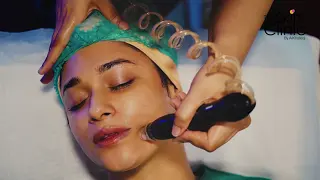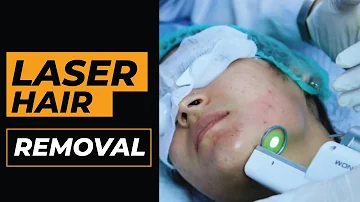Alopecia Treatment
At AlKhaleej Clinics, we understand the impact that hair loss can have on your confidence and self-esteem. That's why we're dedicated to providing comprehensive alopecia treatment solutions to help you regain a full, healthy head of hair and feel your best. With our personalized approach and advanced treatment options, we're committed to helping you achieve long-lasting results and renewed confidence.
















